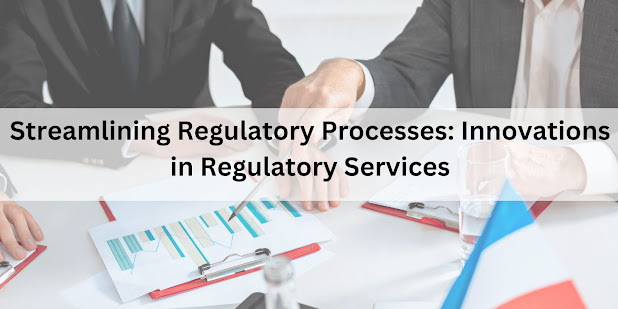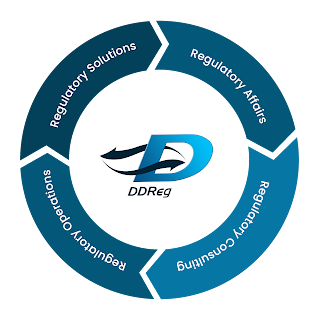Streamlining Regulatory Processes: Innovations in Regulatory Services

Innovations such as real-world evidence (RWE) and emerging data capture technologies are shaping clinical development, leading to next-generation therapies for complex or rare diseases. The pandemic has accelerated drug development processes and increased collaboration between regulatory agencies and the industry. Regulators are adapting to these changes, calling for new approaches and harmonization among agencies. Regulatory affairs professionals play a crucial role in navigating these complexities, strategically impacting organizations and improving patient care. By embracing innovation and collaboration, they can enhance development strategies and deliver greater value to patients. The article explores how these innovations can streamline regulatory processes, accelerate the delivery of innovative treatments, and shape a more promising future for healthcare. Real-World Evidence (RWE) and Real-World Data (RWD) Real-World Evidence and Real-World Data have emerged as pow...







